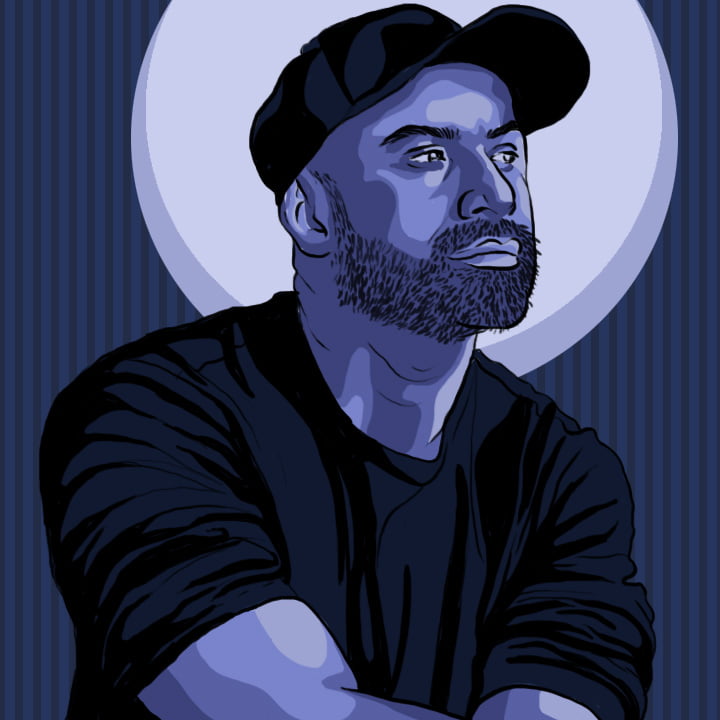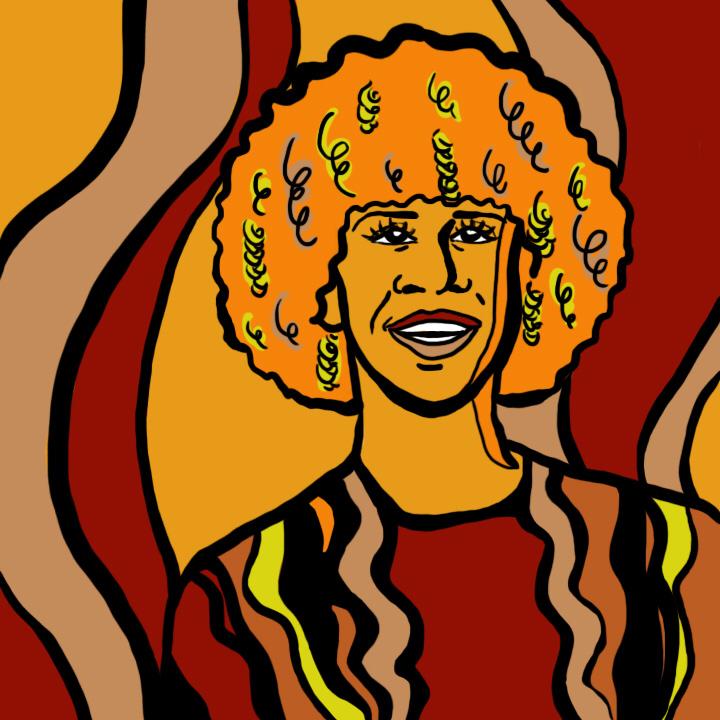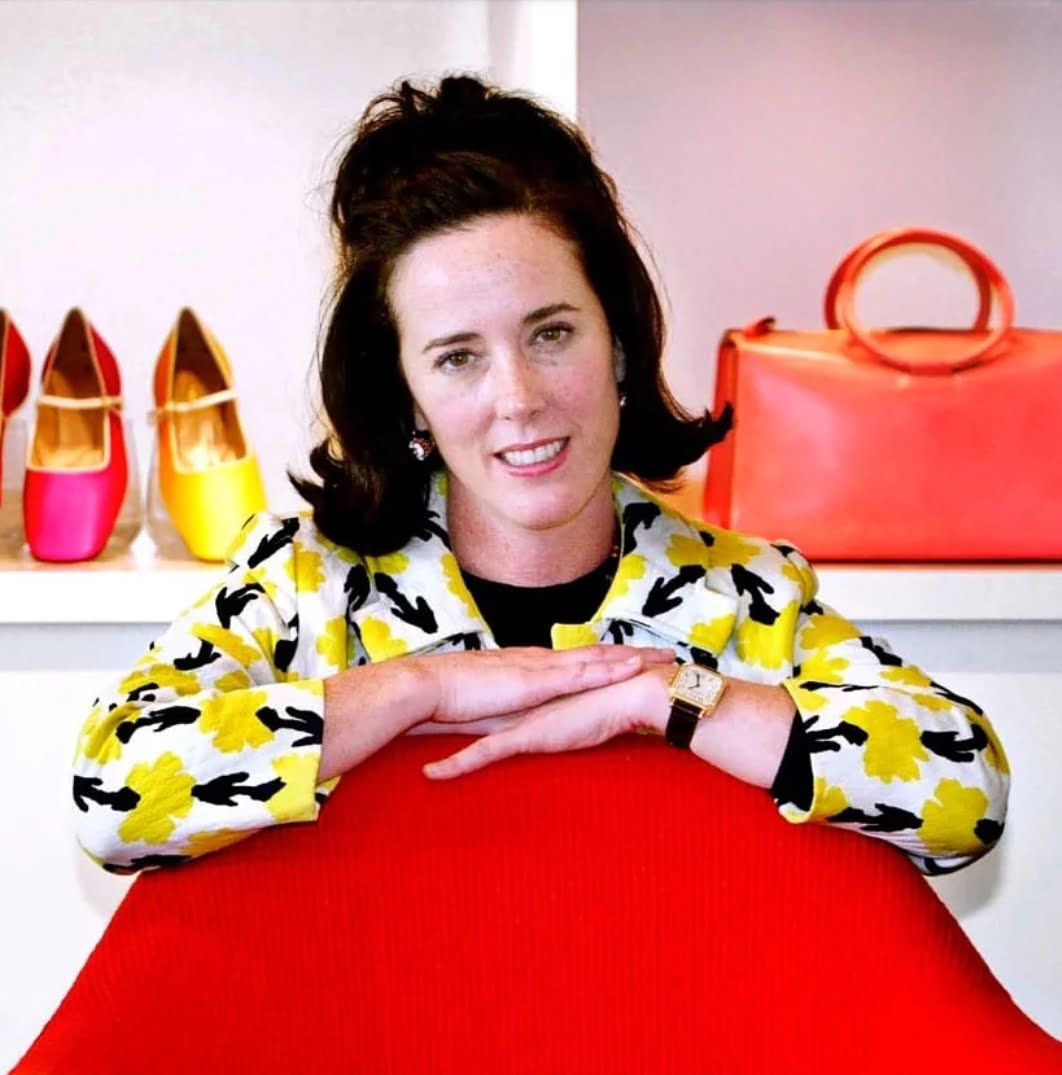Breaking news and pop culture report by 360 MAGAZINE.


Breaking news and pop culture report by 360 MAGAZINE.

True crime programming Oxygen is delving into some of the most hair-raising and recent homicide cases in New York City with the premiere of “New York Homicide.” New York is a popular and influential city for people around the world, with such an impeccable blend of cultures, customs and language. This new series delves into […]

Very esteemed make-up artist, JP Ramirez (42 year old Chicago native), who has worked with many people in the entertainment industry, including 360 Magazine, was found dead a few days ago. Ramirez was last seen in Hell’s Kitchen this past week. Recently, family and friends held an evening vigil in his loving memory. If anyone […]

New York City police released a video on Friday showing two children getting caught in a shooting. The 5-year-old boy and his 10-year-old sister were rushing toward a bodega’s entrance for shelter when they heard gunshots, but they collide with another man who is also racing for cover, and all three of them tumble to […]

As of late, one of our team members had the opportunity to sit down with New York City mayoral candidate Dianne Morales for an interview. After eight years under Mayor Bill de Blasio, New York City will see someone new in the position in 2021, and Morales, a member of the Democratic Party, is jumping […]

55 year old American fashion designer Kate Spade passed away on Tuesday from an apparent suicide by hanging after she was found in her Manhattan apartment. At 10:10am, Kate’s housekeeper contacted the police. A suicide note was also found on site, naming both her daughter and husband in the letter. She had been suffering from […]